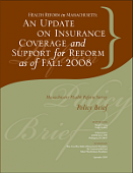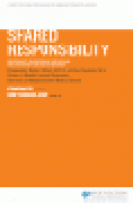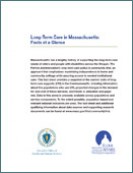Accessing Children's Mental Health Services in Massachusetts: Workforce Capacity Assessment

This report is based on a survey of 1,982 mental health providers in Massachusetts including psychiatrists, psychiatric clinical nurse specialists, psychologists, social workers, mental health counselors, and marriage and family therapists. It estimates the need for childrens mental health services; assesses child and family mental health service delivery capacity; identifies variation in capacity, including variation by geography, linguistic ability, and cultural competence; and documents challenges to meeting current demand for services.












